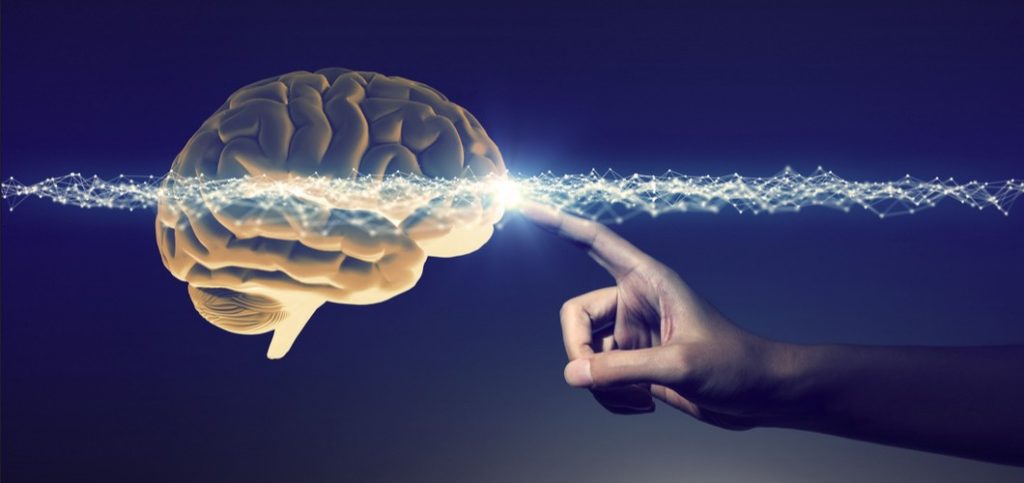Psychiatrists use a variety of treatments – including various forms of psychotherapy, medications, psychosocial interventions and other treatments (such as electroconvulsive therapy or ECT), depending on the needs of each patient.
Psychotherapy, sometimes called talk therapy, is a treatment that involves a talking relationship between a therapist and patient. It can be used to treat a broad variety of mental disorders and emotional difficulties. The goal of psychotherapy is to eliminate or control disabling or troubling symptoms so the patient can function better. Depending on the extent of the problem, treatment may take just a few sessions over a week or two or may take many sessions over a period of years. Psychotherapy can be done individually, as a couple, with a family, or in a group.
There are many forms of psychotherapy. There are psychotherapies that help patients change behaviors or thought patterns, psychotherapies that help patients explore the effect of past relationships and experiences on present behaviors, and psychotherapies that are tailored to help solve other problems in specific ways. Cognitive behavior therapy is a goal-oriented therapy focusing on problem solving. Psychoanalysis is an intensive form of individual psychotherapy which requires frequent sessions over several years.
Most medications are used by psychiatrists in much the same way that medications are used to treat high blood pressure or diabetes. After completing thorough evaluations, psychiatrists can prescribe medications to help treat mental disorders. Psychiatric medications can help correct imbalances in brain chemistry that are thought to be involved in some mental disorders. Patients on long-term medication treatment will need to meet with their psychiatrist periodically to monitor the effectiveness of the medication and any potential side effects.
Class of Medications
- Antidepressants – used to treat depression, panic disorder, PTSD, anxiety, obsessive-compulsive disorder, borderline personality disorder and eating disorders.
- Antipsychotic medications – used to treat psychotic symptoms (delusions and hallucinations), schizophrenia, bipolar disorder.
- Sedatives and anxiolytics – used to treat anxiety and insomnia.
- Hypnotics – used to induce and maintain sleep.
- Mood stabilizers – used to treat bipolar disorder.
- Stimulants – used to treat ADHD.
Psychiatrists often prescribe medications in combination with psychotherapy.
Other treatments are also sometimes used. Electroconvulsive therapy (ECT), a medical treatment that involves applying electrical currents to the brain, is used most often to treat severe depression that has not responded to other treatments. Deep brain stimulation (DBS), vagus nerve stimulation (VNS), and transcranial magnetic stimulation (TMS) are a few of the newer therapies being used to treat some mental disorders. Light therapy is used to treat seasonal depression.

